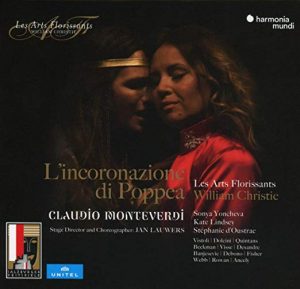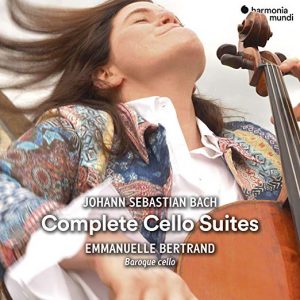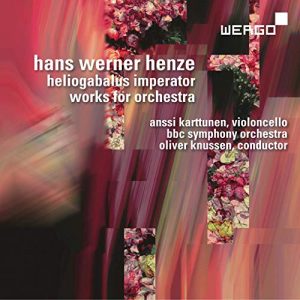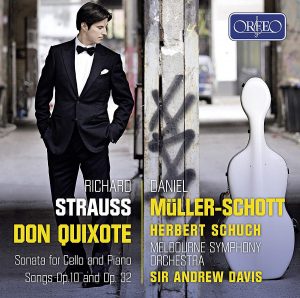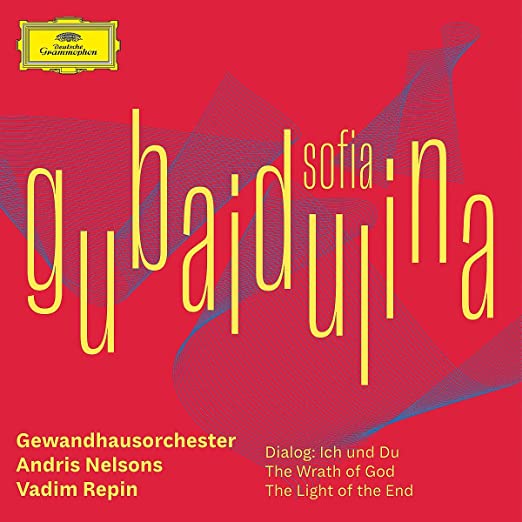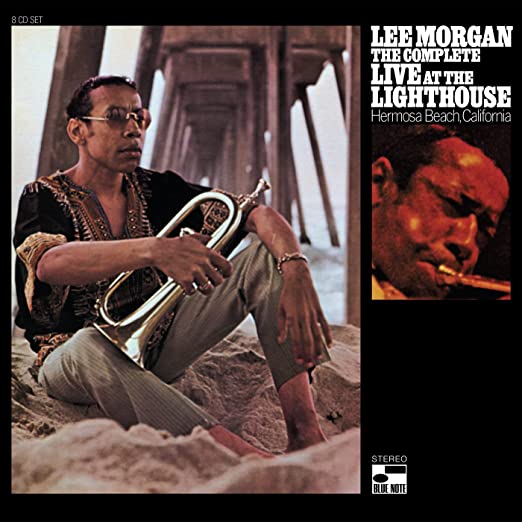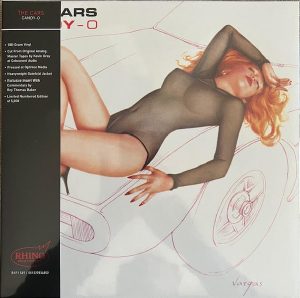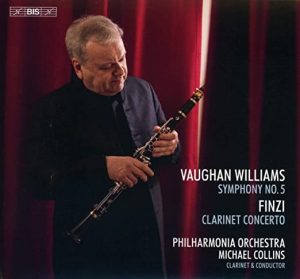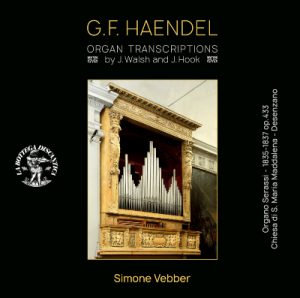Monteverdi, L'incoronazione di Poppea. Les Ars Florissants, Willam Christie. Harmonia Mundi 8902622.24 3 CD's, 1 DVD.
This new release of Monteverdi's last opera, considered by students of the composer's work to be his best, is an extraordinary musical enterprise, especially if you take into consideration Jan Lauwers' somewhat off the wall stage production provided on the accompanying DVD of a live performance in Salzburg. The DVD presents a somewhat truncated version of the whole opera but serves just fine.
Listening to the CDs and then watching the DVD creates two very different experiences, which took me a week or so to bring together.
"Lauwers, who founded Needcompany together with Grace Ellen Barkey more than 30 years ago, is internationally renowned for his auteur theatre work. He is now transferring his unique approach to opera, in which text, movement, visual art and music are each given an autonomous role. In Lauwers's setting for L'incoronazione di Poppea, the gods do penance like cripples and the protagonists literally walk on the bodies of their sins, their deeds, their killing. The obsession with power, intrigue, cruelty, violence and manipulation triumphs on a background full of Baroque beauty." [from review notes]
If you are already a fan of Christie and the previous generation of his early music ensemble's work in baroque opera and choral music—present here in its second generation of musicians—all you need to know about the music of this new recording of L'incoronazatione is that all is well with LAF and all that we might wish for is here. Monteverdi's creative mixture of musical beauty and dark melodramatic satire comes through with great power because direction, voices, and instruments are superb. There is really not much more to say.
But if you are a newcomer to Christie and Monteverdi, there is a great deal more to say. High baroque opera is often difficult for modern listeners to engage. Early baroque opera, which this is, is twice as hard. Because the drama (and melodrama) we associate with nineteenth century opera, and even to a degree in opera of the high baroque, is nowhere to be seen—or at least suppressed. In its place, depending on the production, is something close to pageantry. It is presumed that we already know the story, often from myth but here from Roman history, so there will be no surprises. Instead, as with some medieval plays, there is an emotional exploration and artistic expression of a situation. Roman emperor Nero, who is married, falls in love with another married woman, who also falls in love with him, and so they must have each other, whatever the costs, which are considerable, and they do. Their moral depravity is not hidden from us, it is simply presented without judgment but in the context of beautiful music. In the radically unhistoric, surreal stage production on the DVD, it is embellished by exaggerated dancing in the background, occasionally bordering on pornography. And there are little mini-dramas that mock or comment on the main one before us. Clearly Lauwers' view is that a bridge between and seventeenth century and the twenty-first must be created if we are to experience this opera with anything approaching its essential meaning and power. It must be 'translated' for us.
Without the DVD to distract or shock us, we are asked, as we presumably were in seventeenth century productions, to focus almost exclusively on the musical representation of the situation: we are invited to indulge our love of instruments, vocal texture, texture, and musical invention almost at the expense of this immoral tale. This is true of all opera to a degree, of course; but in baroque opera, it is pretty much the whole deal, though generally without an immoral tale! So to enjoy L'incoronazatione, we have more than ever to suspend our disbelief. We must allow ourselves to be drawn into the rarified artistic world Monteverdi creates. We must allow ourselves to be delighted in spite of ourselves—meaning in spite of our 'modern' need for at least some semblance of realism. For some of us, this is comparable to adapting to some music of the avant-garde. We must go to it, it will not come to us. And again, clearly stage director Lauwers has this need of ours in mind.
Does it work? For me, the stage production aside—which is a trip in itself—it eventually did. The music is good enough to persuade once we adapt to the genre. It will never feel natural to us, but so what. The DVD not aside, it feels like a seventeenth century opera suspended in an avant-garde medium. Evidence that there may in fact be something to Louwer's approach comes most tellingly in the final scene, where after the mimics in the background make fun of Nero and Popea's culminating love song, they suddenly stop the jeering and freeze: and we all listen to some of the most beautiful music Monterverdi has ever written. It is in my head a day later as I write this. Immorality and beauty together. Hints of English Jacobean drama abound! No one is sure how the roles were assigned in the seventeenth century, but in this performance, both Nero and Poppea are sung by women. Just to add to the surrealism!
Johnn Sebastian Bach, Complete Cello Suites, Emmanuelle Bertrand, Baroque cello. Harmonia Mundi. HMM 902293 94.
Did French cellist Emmanuelle Bertrand deliberately choose to perform Bach on a baroque cello to distinguish her performance from the delicate French style of Fournier and Gastinel? Not exactly. Her rich, dark sounding eighteenth century Venetian instrument, she tells us in her informative album notes, found her, showed her what she had always felt Bach sounded like. Until she heard this instrument, she felt reluctant to perform or record the Suites. On her 1995 instrument, they just sounded wrong, she tells us.
For those of us used to the somewhat lighter, fleeter, and more lyrical version of this music that frequently comes to us from musicians playing modern cellos (except for Schiff and Rostropovich!), Bertrand's Bach comes to us sounding like an organ! The Suites here sound less like the dances we are frequently reminded they are, and more like chorales. My first instinct was to turn the volume down—and then I resisted the urge and let Bertrand and her cello have their way, taking over my 5000 cubic foot living room.
It is seldom that a new recording of established works is a revelation these days. Are these new performances by Emmanuelle Bertrand the true Bach Suites? They may well be.
Highly recommended.
Hans Werner Henze, Works for Orchestra. Anssi Karttunen, cello. BBC Symphony Orchestra, Oliver Knussen, conductor. Wergo WER 7344.
Henze (1926-2012), second generation German modernist, musical child of Stavinsky and contemporary of Britten, largely ignored by current listeners, has always attracted me. He has all of the admirable and appealing qualities of a minor composer eager to garden in a musical world established by often major others.
This album is as much about hugely admired British conductor of modernist music, the late Oliver Knussen as it is about Henze (and Finnish cellist Karttunen), all of whom knew each other well and made this 2014 recording possible. Knussen died in 2018. The warm relation among these three are likely responsible for this album's stark and compelling magic.
Richard Strauss, Don Quixote, etc. Daniel Müller-Schott, cello. Melbourne Symphony Orchestra, Sir Andrew Davis, conductor. Orfeo C968-196.
A generation ago, the renowned music critic for The New Yorker, Winthrop Sargeant wrote (often) that Richard Strauss was the leading composer of the twentieth century. He was wrong, but there is a point of view from which his case can be made. Modernist music can be seen as a huge mistake, a truancy, a misguided diversion from the western musical tradition going back to the renaissance. Of course, that was the express intention of modernist composers (and poets and visual artists): to make it new. And they have won the argument, if not in the concert hall surely outside it. But those who know and admire Strauss's music, some of the orchestral music and the operas in particular, are right to consider him a major late or post-romantic composer alongside Mahler. It is fascinating to set work like this alongside a work by Mahler, the latter generally considered the more profound composer. I am entirely happy setting Strauss's honest whimsy, sentiment, and lyricism against Mahler's grand spiritual rhetoric any day.
Strauss's music represents the last valiant, sometimes poignant, rear guard attempt to keep the western tradition intact. Therefore, how fitting that we have before us Strauss's tone poem, Don Quixote! Young German musician Müller-Schott is one of the very best young cellists of his generation and does the work full justice. In its own distinct way, Don Quixote is certainly the equal of such works as Ein Heldenleben, Don Juan, and Till Eulenspiegel and in moments even outdoes them in its eloquent flirtation with chromaticism and dissonance. Strauss really is the premier example of the bitter sweet.
System used for this audition: Resolution Audio Cantata 3.0 CD player w/BlackJack power cord; Gilbert Yeung Design solid state NSI "G" integrated amplifier, Jean Marie Reynaud Abscissa Jubilee loudspeakers; Crimson interconnects and speaker cable; Mapleshade Samson equipment rack.
Bob Neill, a former equipment reviewer for Enjoy the Music and Positive Feedback, is proprietor of Amherst Audio in Western Massachusetts which sells equipment from Audio Note (UK), Gilbert Yeung Design (formerly Blue Circle) (Canada), Crimson (UK), Jean Marie Reynaud (France), and Resolution Audio (US).




